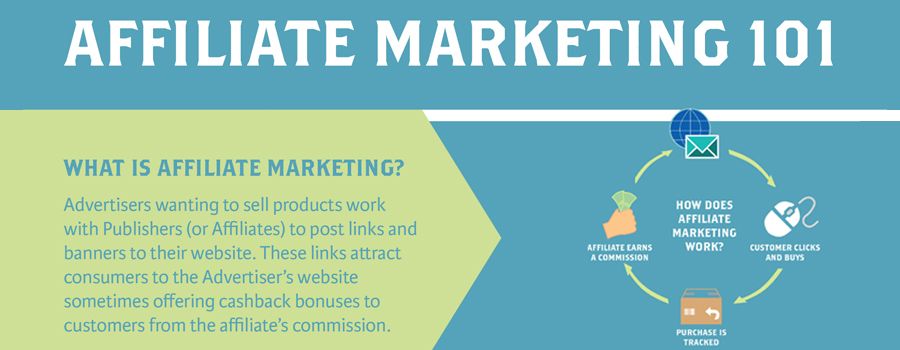
How to Use Affiliate Marketing to Expand Small Business Reach
Affiliate marketing has emerged as a powerful tool for small businesses to expand their reach and increase sales. In today’s digital age, it presents a unique opportunity to partner with trusted influencers and incentivize them to promote your products or services. This article will guide you on how to leverage affiliate marketing effectively to grow your small business.
Understanding Affiliate Marketing
Affiliate marketing is a performance-based marketing strategy where businesses reward affiliates for every customer or visitor brought through their promotional efforts. Affiliates can use various channels, such as websites, blogs, email lists, social media, or YouTube, to reach their audience. By offering attractive incentives, small businesses can motivate affiliates to promote their offerings, resulting in increased brand exposure and potential sales.
Finding the Right Affiliate Partners
To maximize the benefits of affiliate marketing, it is crucial to identify the right affiliate partners. Look for individuals or platforms that align with your target audience and share similar values or interests. Conduct thorough research to ensure that the affiliates have a credible online presence and a strong following. Quality is more important than quantity; focus on building relationships with affiliates who can effectively promote your products or services.
Setting Up an Affiliate Program
Once you have chosen potential affiliate partners, you need to establish an affiliate program. There are several ways to go about this:
1. In-house Affiliate Program:
Developing an in-house affiliate program allows you to have complete control over your affiliate network. Build a user-friendly platform with tracking links, promo materials, and automated reporting tools. Provide affiliates with unique tracking IDs to monitor their progress and calculate their commissions accurately.
2. Affiliate Networks:
Consider joining established affiliate networks like Amazon Associates, ShareASale, or Rakuten Marketing. These networks have a large pool of affiliates to choose from, along with a well-established infrastructure for tracking commissions and managing partnerships.
Creating Engaging Affiliate Promotions
Once your affiliate program is up and running, it’s essential to provide your partners with engaging promotional materials. Here’s how:
1. High-Quality Content:
Create informative and visually appealing content that highlights the benefits and unique selling points of your products or services. This content can be in the form of blog posts, videos, or social media posts, depending on the affiliates’ preferred platforms.
2. Exclusive Discounts and Offers:
Provide affiliates with exclusive discount codes or limited-time offers to entice potential customers. This not only increases conversion rates but also adds value to their promotional efforts.
3. Custom Landing Pages:
Design dedicated landing pages tailored to the affiliate’s audience. These pages should be optimized for conversions, showcasing the affiliate’s unique branding and the product or service being promoted.
Tracking and Optimizing Affiliate Performance
Tracking the performance of your affiliate partners is crucial to evaluate the effectiveness of your affiliate marketing strategy. Here are some essential metrics to monitor:
1. Conversion Rate:
Measure the percentage of visitors brought by affiliates who take the desired action, such as making a purchase or signing up for a newsletter.
2. Click-Through Rate (CTR):
Monitor the rate at which visitors click on the affiliate’s promotional links. A higher CTR indicates better engagement and potential for conversions.
3. Average Order Value (AOV):
Track the average value of each order generated through affiliate marketing. This helps identify high-performing affiliates who generate more revenue.
4. Return on Investment (ROI):
Analyze the profitability of your affiliate marketing efforts. Compare the revenue generated by affiliates with the costs associated with the program, including commissions and promotional materials.
Nurturing Relationships with Affiliates
Building strong relationships with your affiliates is vital for the long-term success of your affiliate marketing efforts. Show appreciation for their efforts by providing incentives, timely payments, and continuous support. Regularly communicate with them, offer assistance, and maintain transparency regarding their performance metrics. By fostering a positive and collaborative environment, you establish trust and encourage their sustained commitment to promoting your business.
Conclusion
Affiliate marketing can be a game-changer for small businesses looking to expand their reach and increase sales. By finding the right affiliate partners, setting up an effective program, and providing engaging promotional materials, you can leverage the power of affiliate marketing to boost your small business. Remember to continuously track and optimize affiliate performance while nurturing relationships with your partners. With strategic implementation, affiliate marketing can be a win-win for both your small business and affiliate partners.

